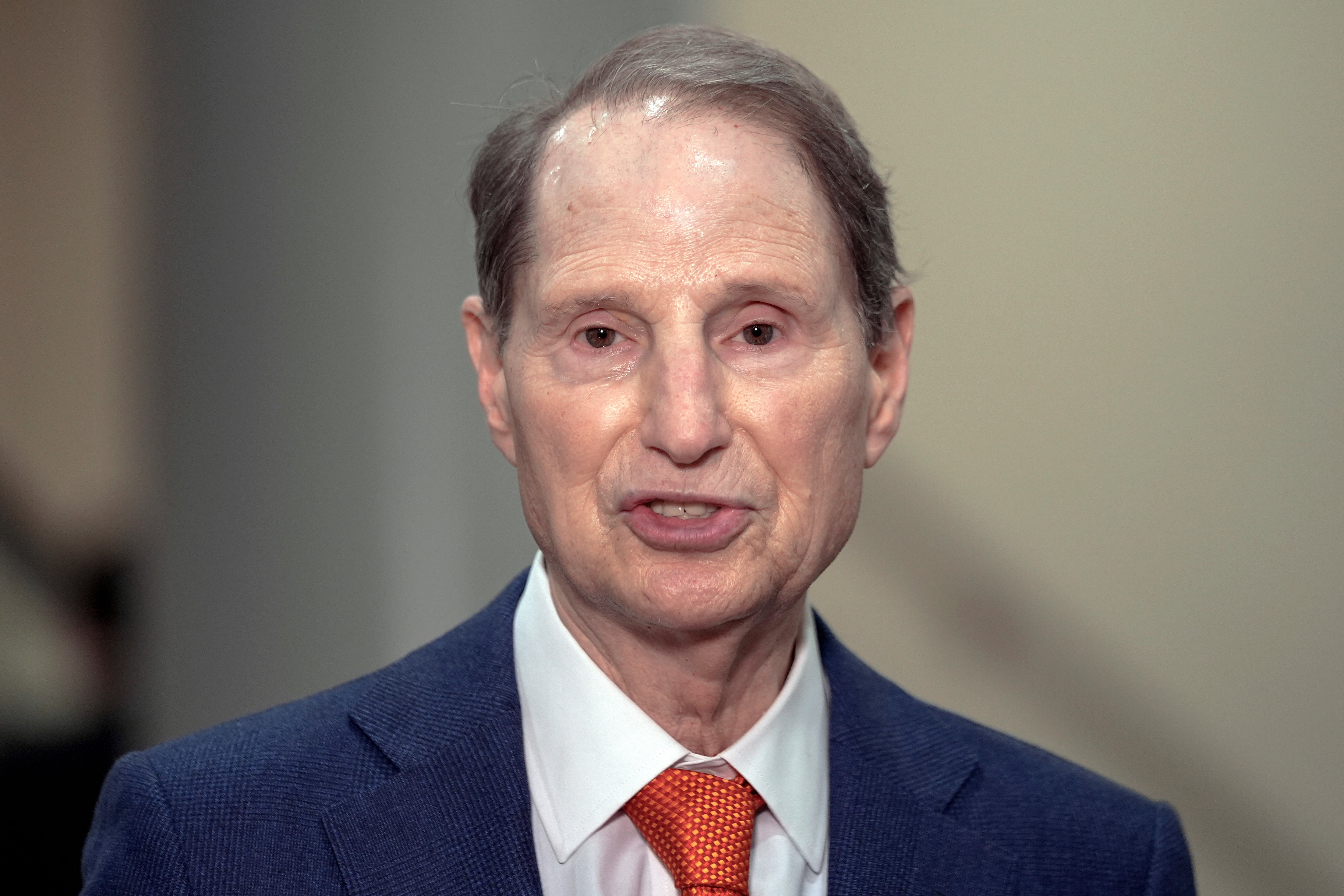Senate report finds parts made with China's forced labor in cars by BMW, Jaguar Land Rover and VW
A Senate inquiry has found BMW, Jaguar Land Rover and Volkswagen have bought parts made by a Chinese company sanctioned under a 2021 law for using forced labor

BMW, Jaguar Land Rover and Volkswagen have bought parts made by a Chinese company sanctioned under a 2021 law for using forced labor, a Senate inquiry found, prompting lawmakers to call for stricter enforcement.
The automakers responded to the Senate report, released Monday, by saying they have taken action to bring their cars into compliance with the law.
The investigation, carried out by the Senate Finance Committee over the past two years, discovered that BMW imported to the U.S. at least 8,000 MINI vehicles containing parts produced by JWD after the Chinese supplier was sanctioned in December for its links to China's labor program in the far western region of Xinjiang.
The Senate report said that Jaguar Land Rover imported replacement parts that included components made by JWD even after the automaker was informed of the presence of the problematic product in its supply chain.
Volkswagen, however, disclosed to the U.S. border authorities that a shipment of its vehicles contained parts made by JWD, according to the report.
The components were sourced via two contractors: California-based Bourns Inc. and Michigan-based Lear Corp., the latter of which is a direct supplier for BMW and Jaguar Land Rover, according to the report.
“Automakers are sticking their heads in the sand and then swearing they cannot find any forced labor in their supply chains,” said Sen. Ron Wyden, a Democrat from Oregon who chairs the committee. “Automakers' self-policing is clearly not doing the job.”
Jaguar Land Rover said in a statement that the subcomponent mentioned in the report “was used in a prior generation of technology and is not in current JLR vehicles for sale.” The company also said that once it was notified that the Chinese manufacturer was on the sanctions list, it immediately stopped shipment of the affected parts and all existing inventory containing the component was “quarantined for destruction.”
BMW Group said it “has taken steps to halt the importation of affected products and will be conducting a service action with customer and dealer notification for affected motor vehicles.”
Both automakers said they take protection of human rights and prohibitions against forced labor seriously.
U.S. lawmakers in 2021 passed the Uyghur Forced Labor Prevention Act, banning the entry of products made with forced labor in Xinjiang, where the Uyghurs, a Muslim ethnic group, have been persecuted for their religious and cultural beliefs.
The U.S. government has described this persecution as an act of genocide. Beijing strongly objects to this characterization, saying its efforts are aimed at countering terrorism.
In Xinjiang, China also runs employment programs that it says boost job skills and connect the local workforce with better-paying jobs in other parts of the country, but human rights advocates say participation in those programs can be involuntary.
In the United States, lawmakers have demanded that the 2021 law be strictly enforced and have criticized the automakers for not adequately scrutinizing their supply chains to ensure compliance with the law.
___
AP Auto Writer Tom Krisher in Detroit contributed.
Bookmark popover
Removed from bookmarks